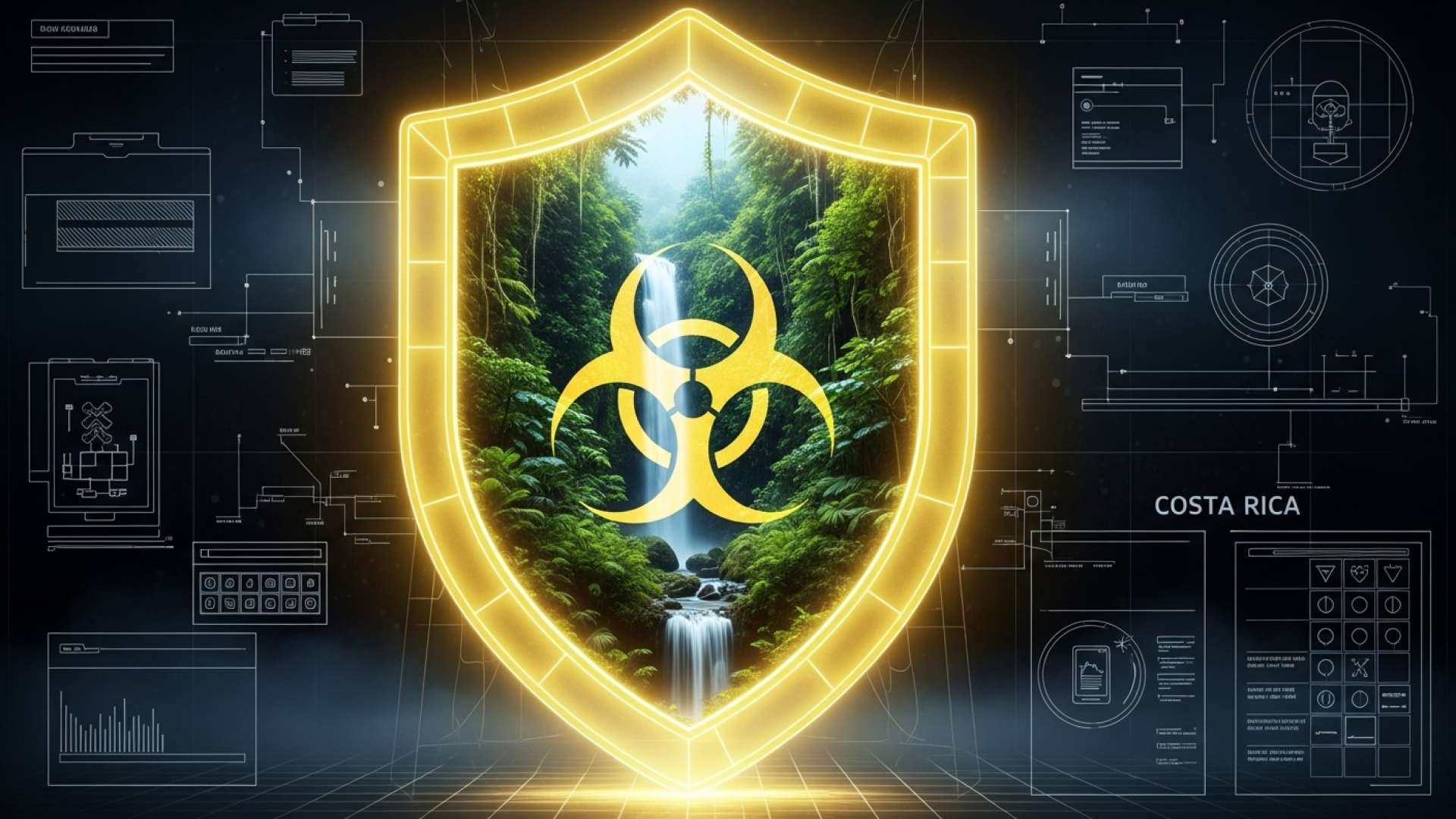San José, Costa Rica — San José – Costa Rica’s health authorities are on high alert after identifying a suspected case of Yellow Fever in a foreign national. The Ministry of Health confirmed on Saturday that a 29-year-old American woman is currently under specialized medical care while awaiting final diagnostic confirmation for the mosquito-borne viral disease.
The patient, who had recently traveled from the Amazon region, reportedly entered Costa Rica on October 8, 2025, a day after she began experiencing symptoms consistent with the illness. Crucially, officials noted that the woman had not received the Yellow Fever vaccine, a key preventative measure strongly recommended for travelers visiting at-risk areas. Her case underscores the persistent public health challenges posed by international travel and infectious diseases.
To delve into the legal framework surrounding international health requirements and the responsibilities of travelers and employers concerning diseases like Yellow Fever, we consulted with legal expert Lic. Larry Hans Arroyo Vargas from the distinguished firm Bufete de Costa Rica.
The requirement for a Yellow Fever vaccination certificate is a legally robust public health measure under the World Health Organization’s International Health Regulations. From a liability standpoint, travelers who ignore this mandate not only risk being denied entry but may also find their travel insurance voided for claims related to the disease. For employers, sending an unvaccinated employee to an at-risk area constitutes a serious breach of their duty of care, potentially exposing the company to significant legal and financial repercussions if the employee falls ill.
Lic. Larry Hans Arroyo Vargas, Attorney at Law, Bufete de Costa Rica
This legal insight serves as a critical reminder that the vaccination mandate is far more than a bureaucratic hurdle; it is a foundational issue of personal liability, insurance validity, and corporate duty of care. We thank Lic. Larry Hans Arroyo Vargas for so clearly articulating these significant financial and legal dimensions for our readers.
Upon presenting with symptoms, the patient initially sought care at a private hospital. Medical professionals there conducted preliminary studies which raised the alarm for potential Yellow Fever. In response, health officials coordinated her transfer on Saturday to a public hospital managed by the Costa Rican Social Security Fund (CCSS), where she is being monitored closely by infectious disease specialists.
The definitive diagnosis now hinges on laboratory analysis being conducted by the Costa Rican Institute for Research and Teaching in Nutrition and Health (INCIENSA). This national reference laboratory is responsible for confirming such cases, and its findings will determine the next steps in the country’s public health response. The Ministry of Health has assured the public that it is maintaining rigorous epidemiological surveillance.
In light of this incident, the Ministry has forcefully reiterated its standing travel advisories for individuals planning trips to countries where Yellow Fever is endemic. The official list of regions requiring caution includes South American nations such as Bolivia, Brazil, Ecuador, Guyana, French Guiana, Panama, and Peru, as well as numerous tropical countries across Africa. Officials also specifically reminded the public that vaccination against Yellow Fever is a mandatory requirement for entry into Colombia.
Yellow Fever presents with a range of symptoms that can be initially mistaken for other illnesses. The most common signs include a sudden onset of fever, headache, chills, severe muscle pain, fatigue, nausea, and vomiting. While many individuals recover, a small percentage of cases can progress to a more severe phase of the disease.
In these critical cases, patients may develop jaundice—a yellowing of the skin and eyes which gives the disease its name—along with bleeding, intense abdominal pain, and life-threatening liver or kidney complications. The Ministry of Health urges anyone who has recently visited an endemic country and is now experiencing any of these symptoms to seek immediate medical attention at the nearest health center.
To mitigate risks, authorities are re-emphasizing a three-pronged prevention strategy for all travelers. First and foremost is vaccination, which should be administered at least 10 days prior to departure to ensure its efficacy. Secondly, travelers should practice consistent protection against mosquito bites by using insect repellent, wearing long-sleeved clothing, and sleeping under mosquito nets where appropriate. Finally, consulting a healthcare professional before traveling and upon return is a critical step for risk assessment and early symptom detection.
For further information, visit ministeriodesalud.go.cr
About Ministry of Health:
The Ministry of Health (Ministerio de Salud) is the primary government entity responsible for public health policy, regulation, and oversight in Costa Rica. It works to protect and improve the health of the population through disease prevention, health promotion, and the management of national health strategies and alerts.
For further information, visit ccss.sa.cr
About Caja Costarricense de Seguro Social (CCSS):
The Costa Rican Social Security Fund, commonly known as “La Caja,” is the autonomous institution in charge of the nation’s public health and social security system. It manages a comprehensive network of hospitals, clinics, and EBAIS (Basic Teams for Comprehensive Health Care) that provide universal healthcare services to the majority of the Costa Rican population.
For further information, visit inciensa.sa.cr
About Instituto Costarricense de Investigación y Enseñanza en Nutrición y Salud (INCIENSA):
INCIENSA serves as Costa Rica’s national public health reference laboratory. This scientific and technical institution is dedicated to research, teaching, and diagnostics in nutrition and health. It plays a critical role in epidemiological surveillance by confirming outbreaks and identifying infectious diseases, thereby guiding national public health responses.
For further information, visit bufetedecostarica.com
About Bufete de Costa Rica:
Bufete de Costa Rica operates as a pillar of the legal community, founded on an unwavering principle of integrity and a rigorous pursuit of excellence. Drawing upon its extensive history of serving a varied clientele, the firm champions forward-thinking legal strategies and technological innovation. This commitment to progress is matched by a profound dedication to social responsibility, focused on demystifying legal complexities to cultivate a more knowledgeable and capable society.









